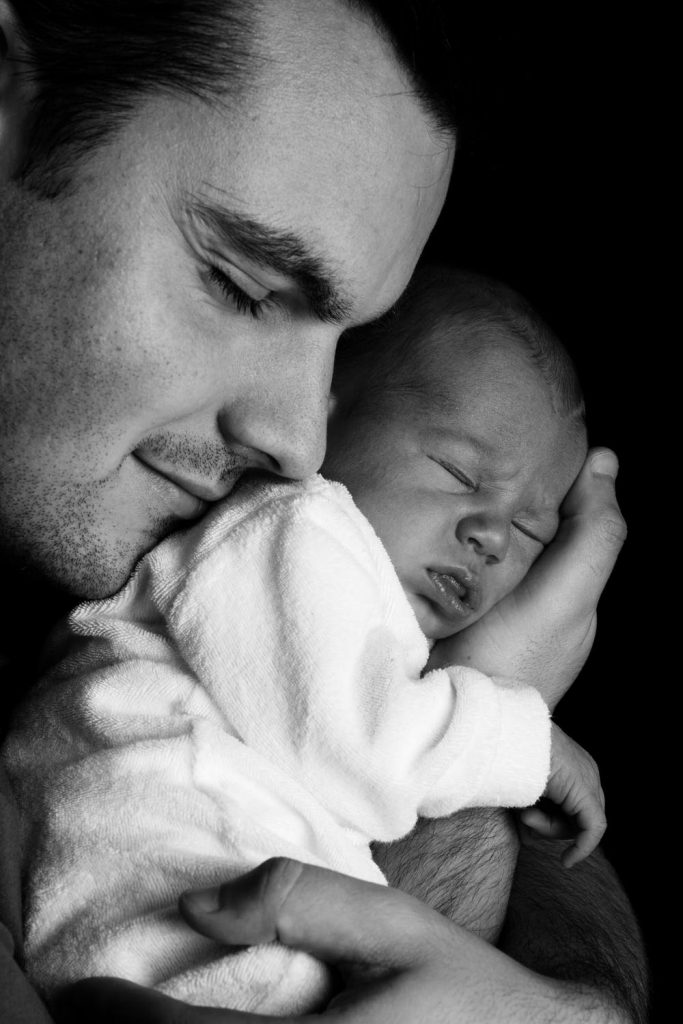 Postnatal depression is something that affects 1 in 10 fathers but many dads say there is a lack of support available to them following the birth of a child. The NHS has acknowledged that fathers need support, especially when their partners are experiencing post natal depression as rates of postnatal depression in this group soared to 50%. Society views men as stoic, providers, self-sacrificing, and above all, strong. When men feel none of those things as new fathers, they don’t want to admit it or seek help.
Postnatal depression is something that affects 1 in 10 fathers but many dads say there is a lack of support available to them following the birth of a child. The NHS has acknowledged that fathers need support, especially when their partners are experiencing post natal depression as rates of postnatal depression in this group soared to 50%. Society views men as stoic, providers, self-sacrificing, and above all, strong. When men feel none of those things as new fathers, they don’t want to admit it or seek help.
This needs to change. The leading cause of death for men under 50 is suicide. The day after Father’s Day is International Men’s Mental Health Day, a day which seeks to highlight the struggle of male parents.
New research published showed that people tend to detect postnatal depression much more slowly in men than they do in women. As with other mental health issues, early diagnosis and intervention is important when looking at optimal outcomes. The study found that participants of both sexes were less likely to say that there was something wrong with the male (76%) compared to the female (97%). The reasons for this may be a gender bias, or they may be explained by the differences between the sexes in displaying depression. While women tend to turn their sadness and fear inward, men are more likely to express depression through anger, aggressiveness, irritability and anxiety.
Raising awareness is important, as is teaching new parents skills and techniques to help them navigate through the sleep-deprived, often stress filled weeks and months of upheaval that a new baby brings.
Parents who are involved with hypnobirthing training report a significant reduction in stress and anxiety surrounding becoming a parent. The National Council for Hypnotherapy offers research that also shows babies born to mums who have practiced hypnosis and deep relaxation techniques during labour may also be calmer, sleep better and feed better.
The National Council for Hypnotherapy has more than 1,800 clinical hypnotherapists across the UK who can help teach these skills along with hypnobirthing in a confidential, encouraging and non-judgemental way.
The NCH says hypnosis can ‘help overcome fear and anxiety around conception, parenting or birth itself. It can reduce stress and anxiety, boost confidence to be a parent and give mothers a feeling of control’.
To find a suitable NCH therapist near you, simply click here.
